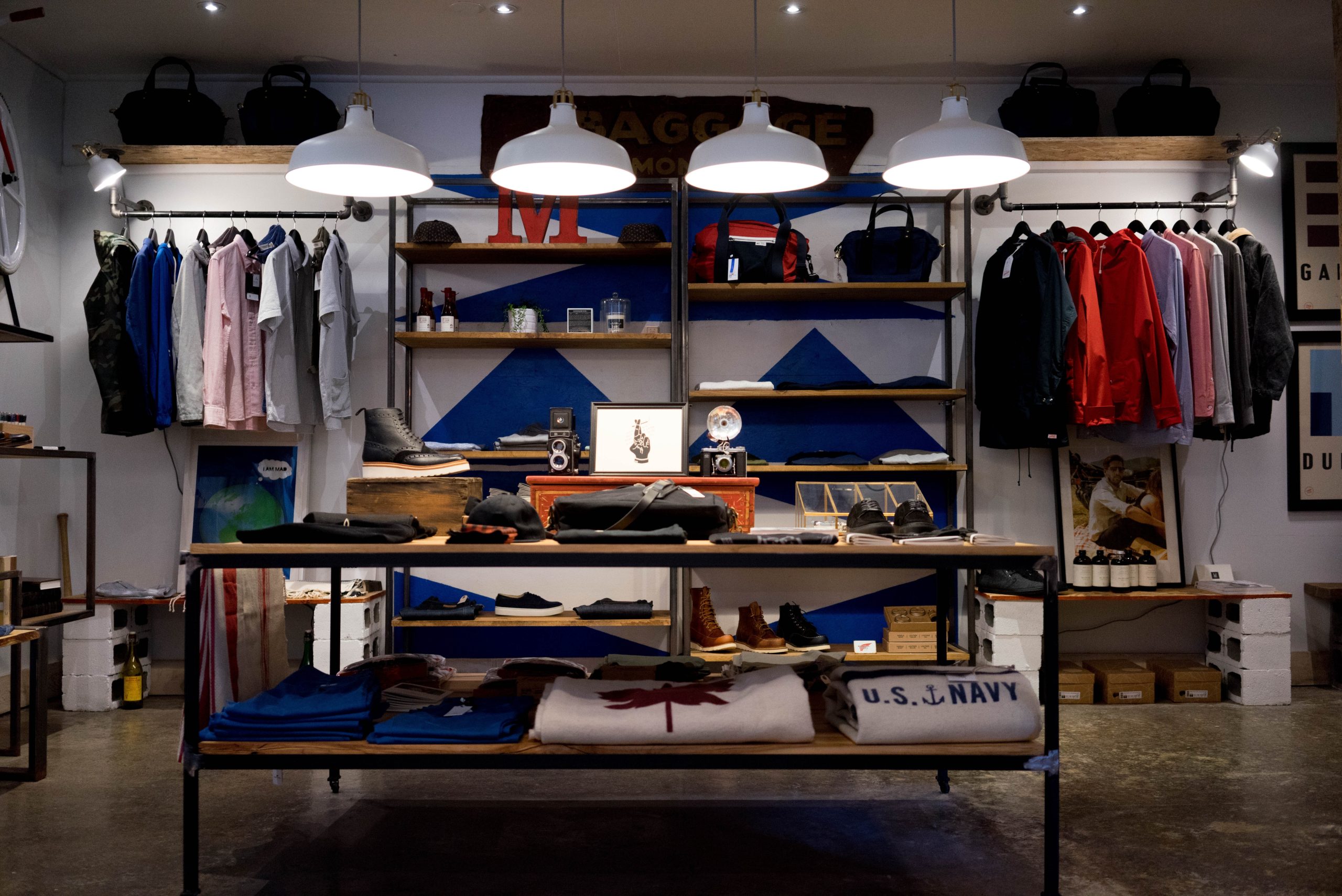Retail companies play a central role in the economy by acting as the bridge between producers and consumers. They are responsible for bringing products to market and creating an environment where customers can access goods and services that meet their needs. The function of retail companies in Dubai goes beyond simply selling items; they shape the shopping experience, manage supply chains, and influence consumer behaviour. Here’s an overview of the vital role retail companies play in modern economies.
Connecting producers and consumers:
The primary function of a retail company is to act as an intermediary between manufacturers or wholesalers and the end consumers. By purchasing products in bulk from suppliers, retailers are able to sell them to consumers in smaller quantities. This connection ensures that products are readily available to the public, at convenient locations and in formats that suit their needs, whether in physical stores or online. Without retail companies, manufacturers would struggle to reach individual consumers directly.
Creating a shopping experience:
Retail companies are key in creating the shopping experience for customers. Whether it’s an in-store or online experience, retailers work hard to design spaces and websites that are visually appealing, easy to steer, and conducive to buying. This includes arranging products in an attractive manner, offering promotions, and providing excellent customer service. In physical stores, retailers also create a welcoming environment with strategic lighting, layout, and decor to improve customer satisfaction. A smooth shopping experience encourages repeat visits and nurtures customer loyalty.
Understanding and influencing consumer behavior:
Retailers are highly attuned to consumer preferences and trends. By analysing purchasing patterns, customer feedback, and market research, they can adjust their offerings to align with consumer demand. Retail companies often predict and drive trends by introducing new products or curating collections that appeal to evolving tastes. Through loyalty programs, targeted marketing, and personalization, retailers aim to influence buying decisions and build stronger connections with their customers.
Supply chain and inventory management:
Retail companies are responsible for sourcing products, managing inventories, and ensuring timely delivery to their stores or distribution channels. This involves maintaining relationships with suppliers, forecasting demand, and optimizing supply chains to minimise costs and avoid stockouts. Efficient inventory management ensures that retailers can meet consumer demand without overstocking, which can lead to excess inventory and wasted resources.



